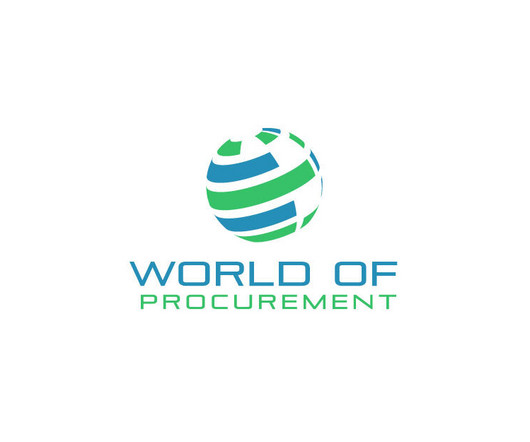Inventory Management — Everything You Should Know
Procurement Tactics
JUNE 8, 2023
What is Inventory Management? Inventory management refers to the process of handling a company’s inventory, which includes raw materials, parts, and finished products. Businesses use various methods of inventory management, each with its own advantages and disadvantages, depending on what they require.













Let's personalize your content